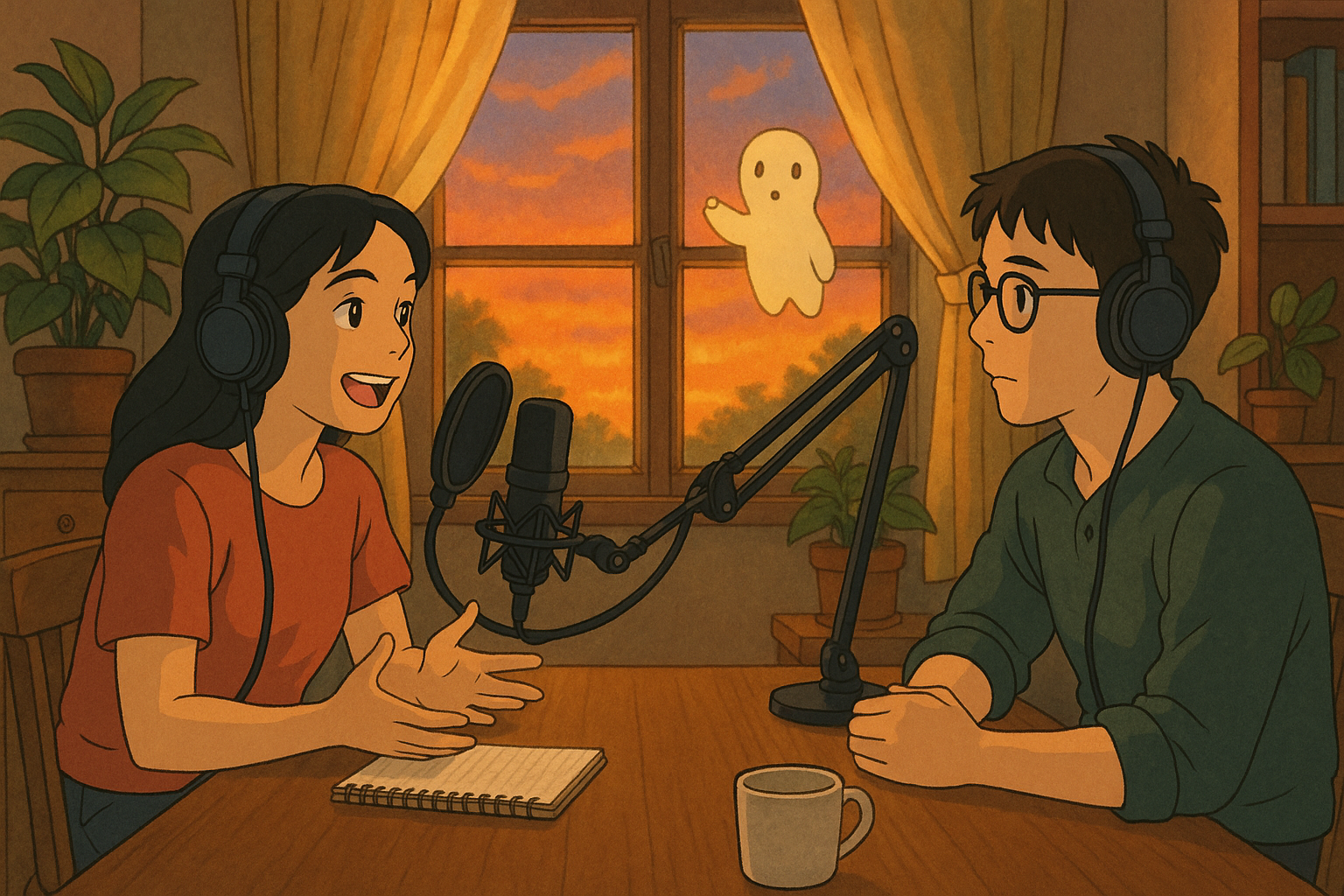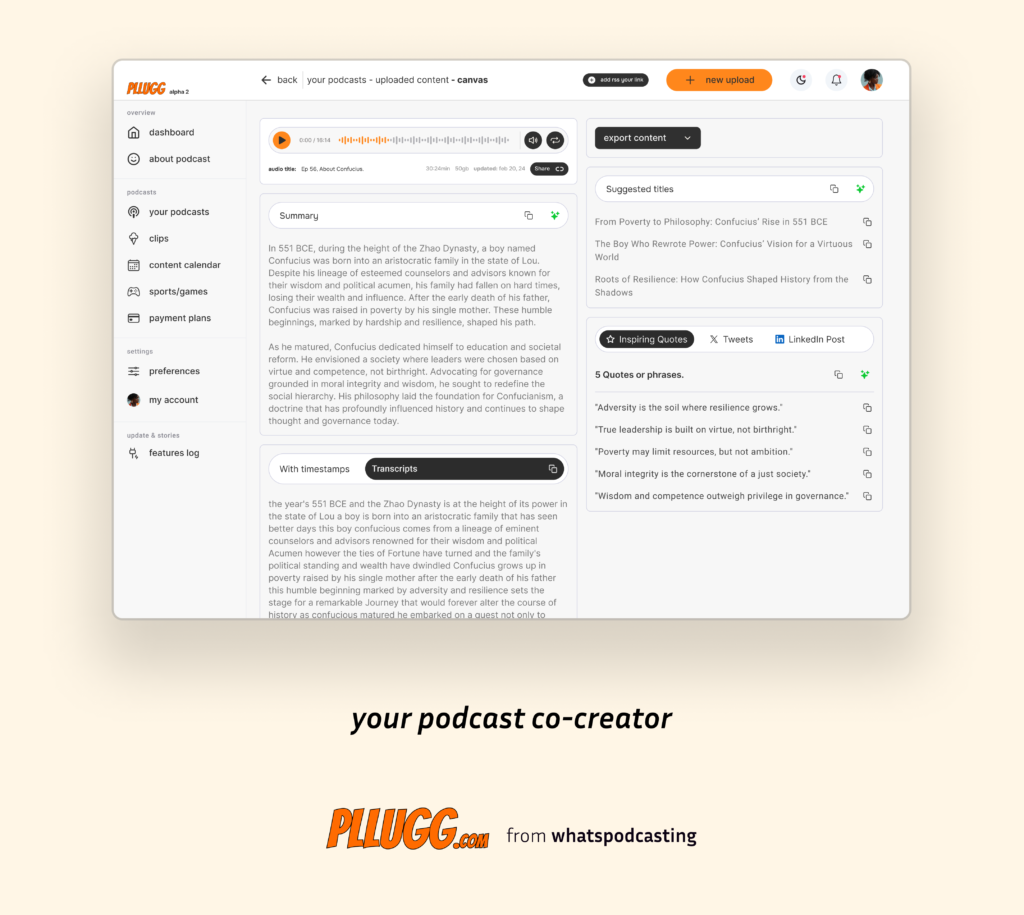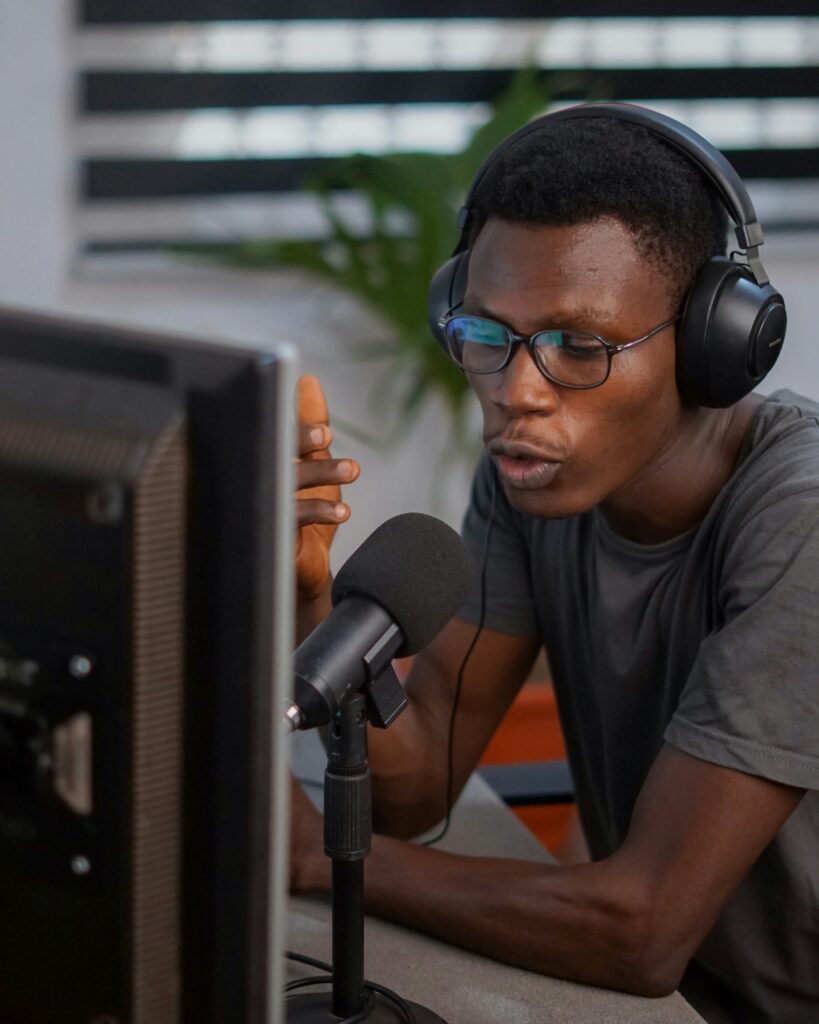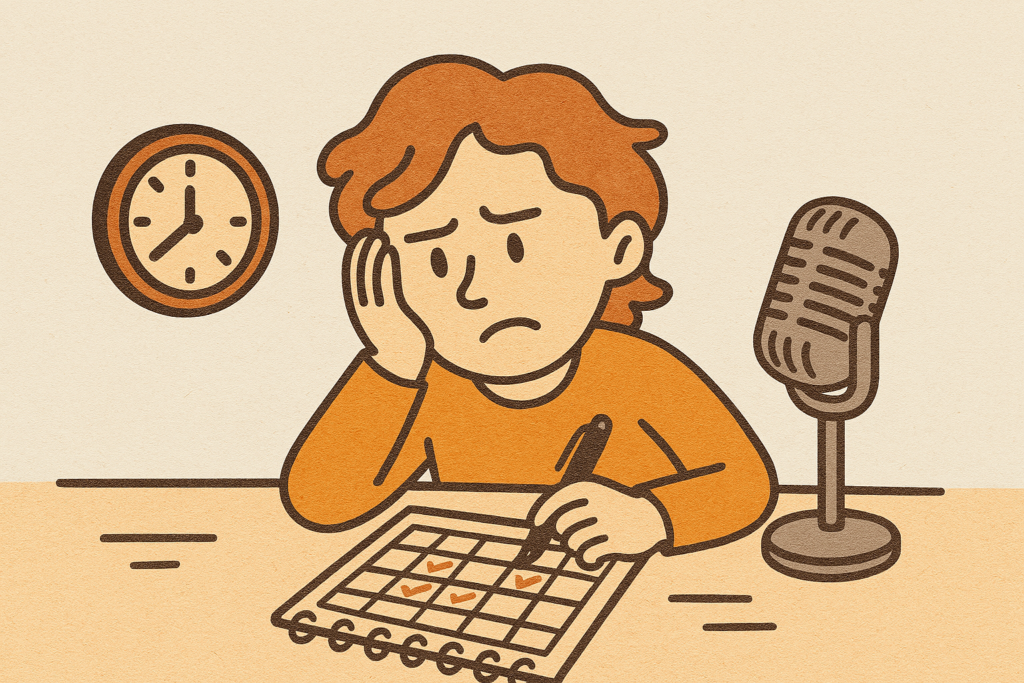How To Stop Overshadowing Your Podcast Guests
Are you talking too much? Master the Art of balancing your voice with your guests’ to keep your audience coming back.
Everyone has that main character energy and as a host, it is understandable that you have a lot to say—the perfect punchlines, conversation, and even relatable stories to what your guest has to say or is even saying. But don’t you stop at times to think that maybe—just maybe—you are overshadowing your guests which makes them barely get a word in.
You are as excited as the audience to get this conversation out there; you have the perfect mic, atmosphere, and even the flow of conversation is top tier. The truth is, when you invite a guest, your listeners most likely want to hear what your guests have to say and not your hot takes on every issue.
Why Hosts Hog The Mic
Maybe it is your control freak energy; you want everything to be perfect just like the conversation. So you just keep talking and most times, the hosts don’t even realise because they are engrossed in whatever they are saying.
Some hosts also do this because they fear there might be an awkward silence, so you jump into the conversation whenever you notice your guest taking a break. You aren’t the only star on your podcast, your guests need the mic and the floor to be able to flow correctly.
This doesn’t make you a bad host, sometimes it is normal to forget but always make sure you are always aware. Let’s put ourselves in the guest’s POV for once. Imagine after someone introduces you in a very grand way, and then, they speak for 80% of the episode? That’s wild. The audience can’t even listen without you interrupting. Most times this thing happens to a guest, they barely promote the episode because they don’t feel heard.
Balancing The Conversation
How do you fix this balance that doesn’t make you feel like a bad host? One thing you should do if you know you are a host who gets overly engrossed in a conversation is to always use visual cues. What does it mean? You can have someone in the background who gives you signs like nodding, raising their hands subtly when they see you are beginning to overshadow your guest. Make sure it doesn’t interrupt your conversations.
Of course, you have to prepare. Prepare, but stay flexible. You have drafted the questions and topics you want to discuss with your guest, but be ready to adapt at times to the way your guest answers. It is okay to go outside the box. Give your guest the floor.
Don’t just nod your head or talk over your guests. Listen actively to what they are saying, chip in when necessary to keep the conversation flowing. Understand their message and through this, you respect your guest.
Plan your episodes with podcast tools. Pllugg makes it easier to plan your guest episodes by letting you share prompts, create time stamps, and even auto-generate topic transitions. This allows the flow to be genuine—and your listeners will even feel it. Real ones know that using tools makes podcasts easier.
Great podcasts feel like real convos—not interviews, not performances, but mutual energy exchanges. When you learn to take a step back, your guests step forward. And guess what? Your listeners stay longer, share more, and vibe harder.
Let the mic be a space—not a spotlight.



